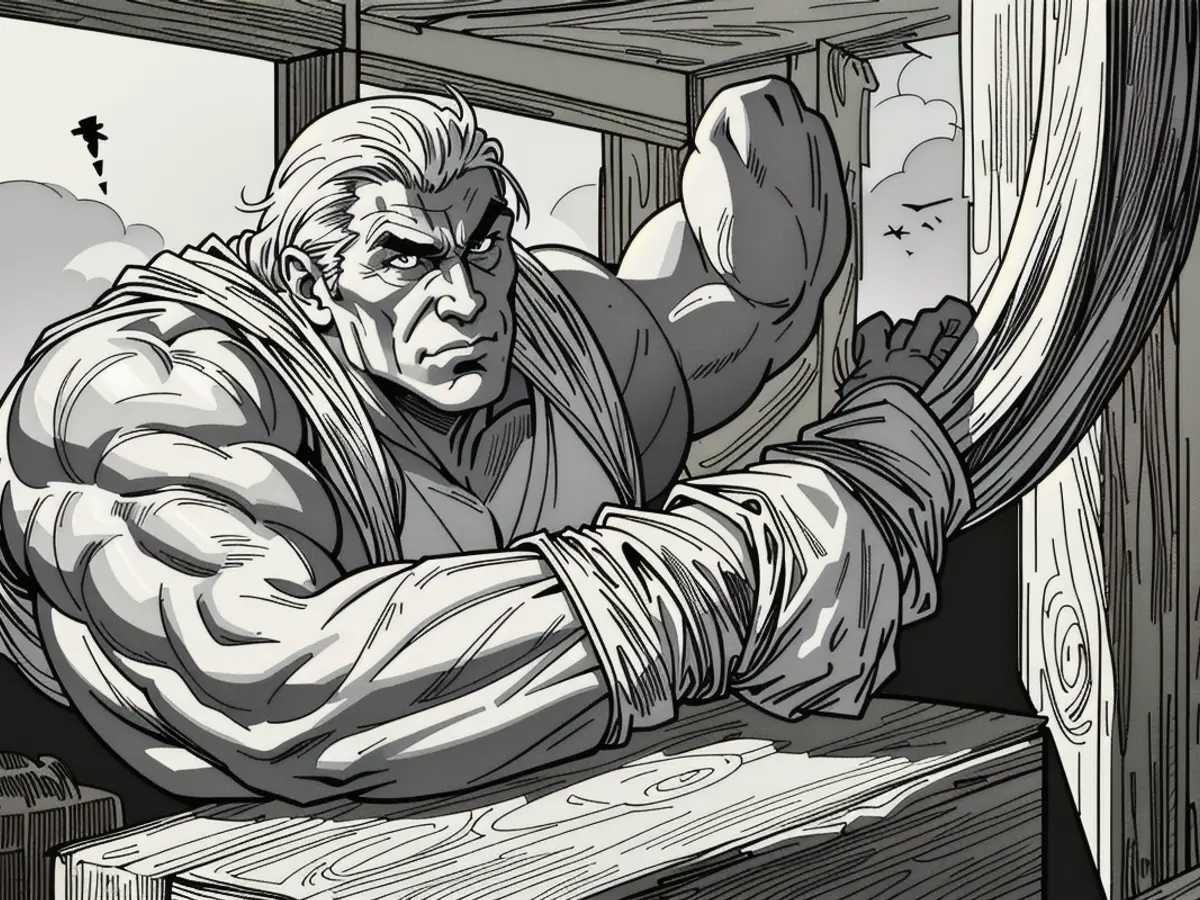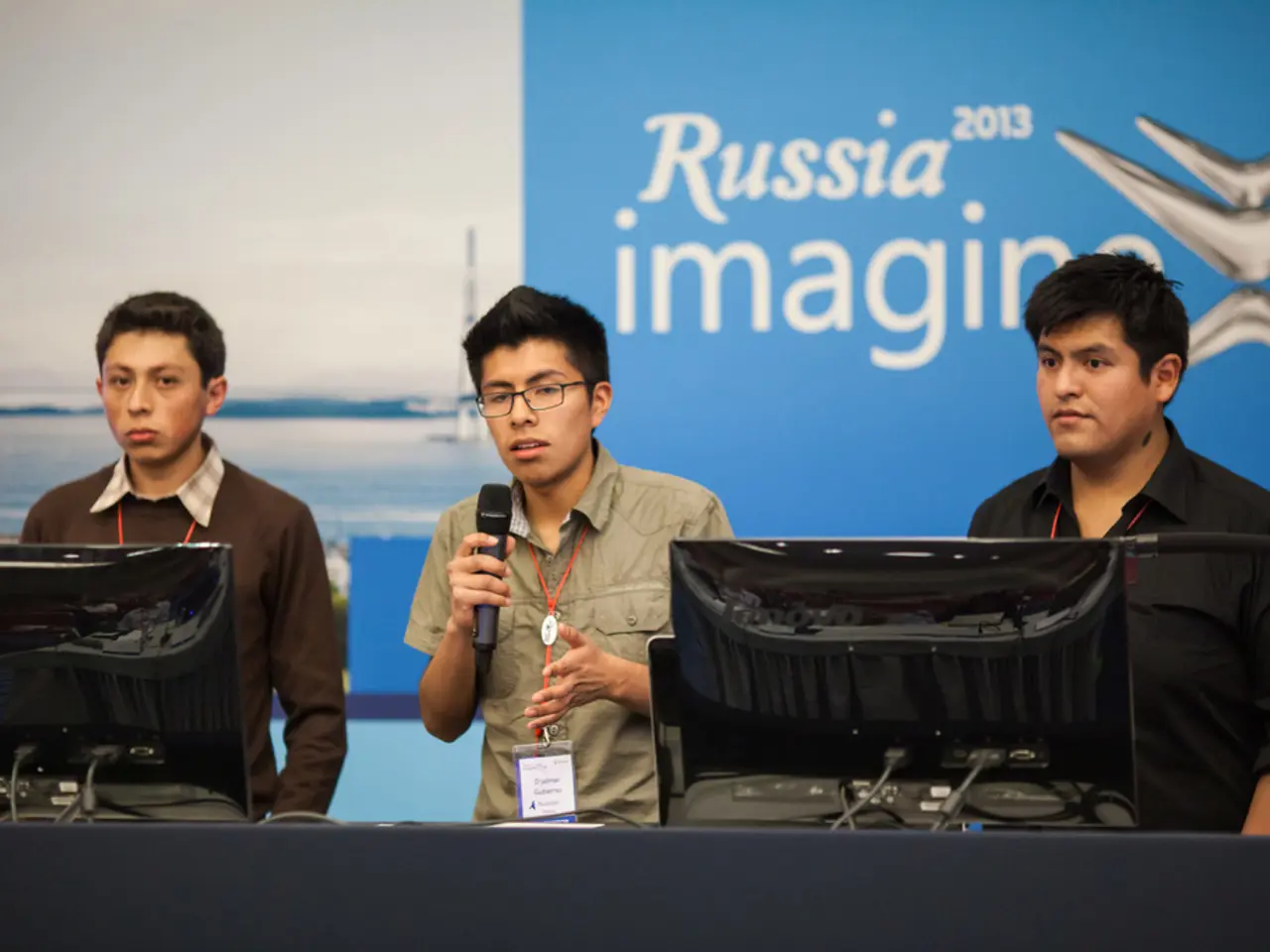The Evolution of Education: Ancient Greek Influence and Modern Transformations
The Way Ancient Greek Teachings Shaped My Understanding
Tracing back to the foundational era of education in ancient Greece, this holistic approach built strong individuals and responsible citizens. They valued physical fitness, moral virtues, and nurtured young minds through literature and arts. But what about today? Let's delve into the past and present-day education to explore how it has evolved.
Education in the Good Old Days
Growing up in Mount Vernon, New York in the '50s and '60s, I was fortunate to experience this remarkable comprehensive education system. It emphasized mastery beyond the subject matter and readied us for the next level. In cultural studies, we encountered an array of arts, performed regular speeches, and learned etiquette – pretty much lived in a book! Most of us excelled in music, language, and academics.
Physical education was more than a token requirement. Boys wrestled, engaged in Olympic events, and learned to swim – we shone in every event! Gender roles didn't hinder any educational opportunities. Education back then was an essential responsibility.
But Where Did It Go Wrong?
Unfortunately, it seems that in recent times, this vital educational system has deteriorated. Enthusiasm, rigor, and the quest for knowledge have waned under the influence of political agendas, apathy, and neglect.
The Wonders of Holistic Development
Whether it was learning to play an instrument, dance, or mastering a foreign language, we thrived in our education. All students, regardless of gender, embraced hands-on activities like sculpting and working with wood and metal. Holistic development was our birthright!
A Fitness Revolution
Physical education was impressively dynamic. We honed our skills in wrestling, gymnastics, and various sports – and that's just the beginning! It wasn't just about health and wellbeing; it was about growth and building confidence.
Moral Values at the Core
Thought-provoking literature like To Kill a Mockingbird, Anne Frank's diary, and George Orwell's 1984 shaped our perceptions. We engaged with real-world issues, deciphering ethical dilemmas, and learned the value of diversity.
In the face of today's challenges, it seems that the wisdom of the ancients – the Greeks, in particular – could guide us toward a brighter, more enlightened educational future.
The Educational State of the Union: Then and Now
The decline of the comprehensive, holistic approach to education is often attributed to a collection of factors, such as technology advancements and societal changes. As we navigate through the current era of education, it's essential to understand the context and challenges that shaped it.
New Technologies and Approaches
Digital tools and virtual/augmented reality have integrated into teaching and learning strategies. This technology-driven shift has made education more accessible, interactive, and engaging. Inclusive educational methods have emerged, ensuring that students from various backgrounds and skills are catered to.
A Multicultural and Global Perspective
Education today prioritizes global awareness and cultural sensitivity to prepare students for a multicultural world. Teaching methods shift from rote memorization to problem-solving and real-world application, fostering self-confidence, and adaptability to the complexities of modern life.
Bridging the Gap between Past and Present
As education evolves, it's essential to recognize and preserve the timeless values and methods that have built a legacy of responsible, accomplished citizens throughout human history. By embracing the progress of our times, we can create an educational experience that effectively prepares future generations for success in a rapidly changing world.
In the spirit of ancient Greek leadership, modern educators can strategically integrate moral values into their curriculum, using thought-provoking literature like 'To Kill a Mockingbird' to foster ethical understanding. (strategy, literature, moral values, curriculum)
The engraved lessons of the past, such as the importance of physical education and holistic development, continue to resonate in today's mockingbird society, where students thrive in sports, arts, and technology. (past, physical education, holistic development, sports, arts, technology)
Facing the challenge of today's educational transformation, former students may consider reflecting on their resignation from traditional teaching methods, embracing new technologies and approaches to prepare tomorrow's leaders. (challenge, traditional teaching methods, technologies, approaches, leaders)






